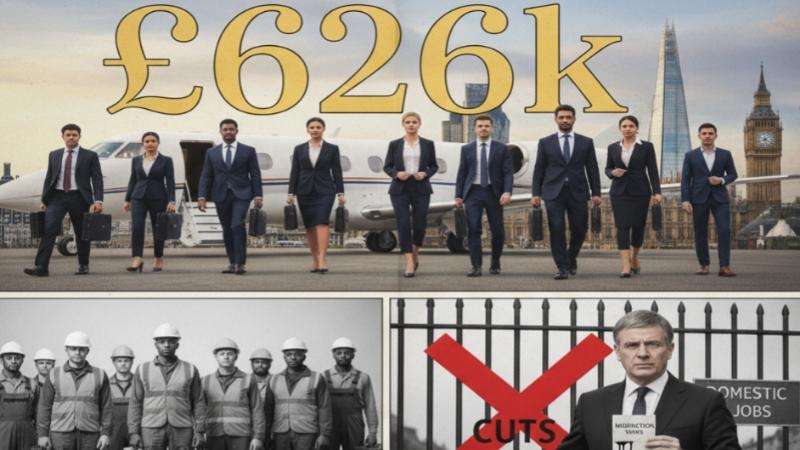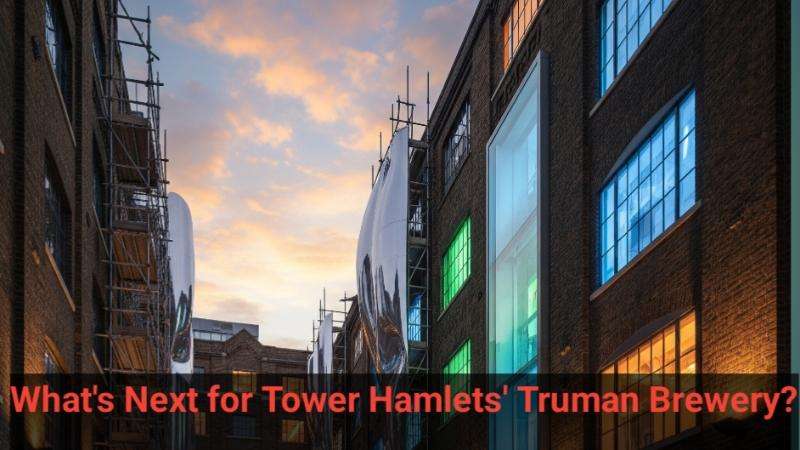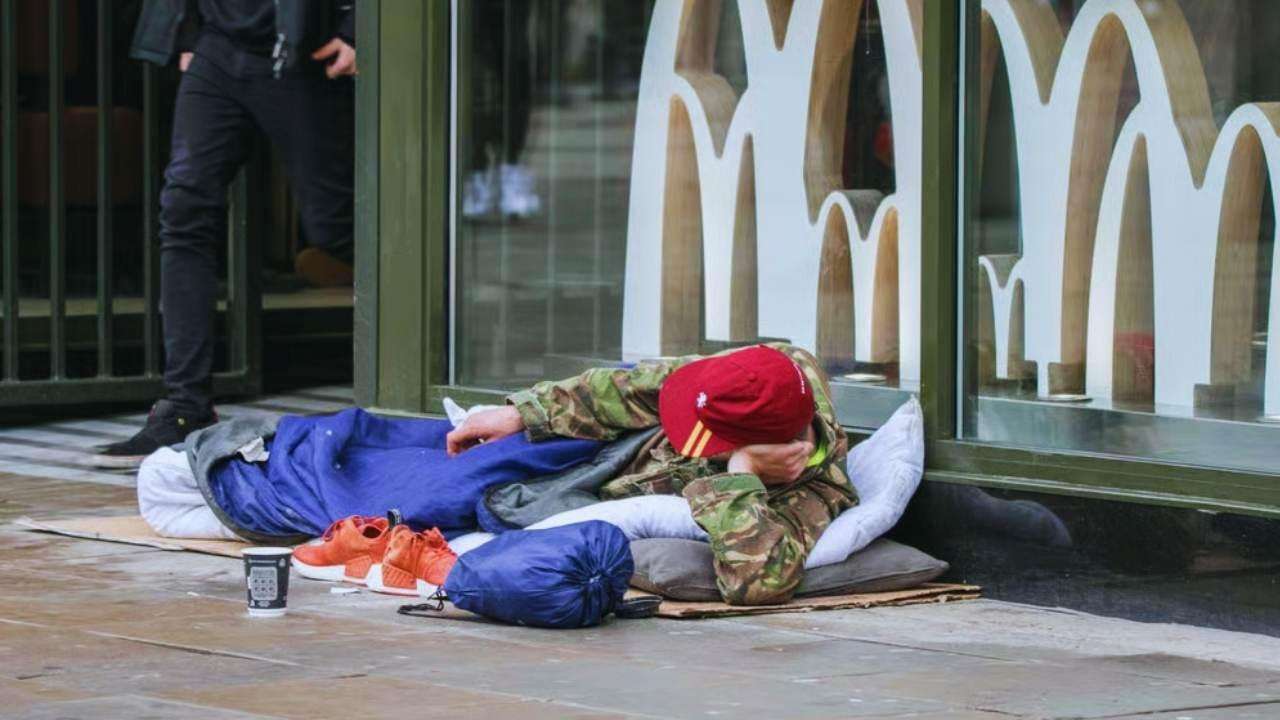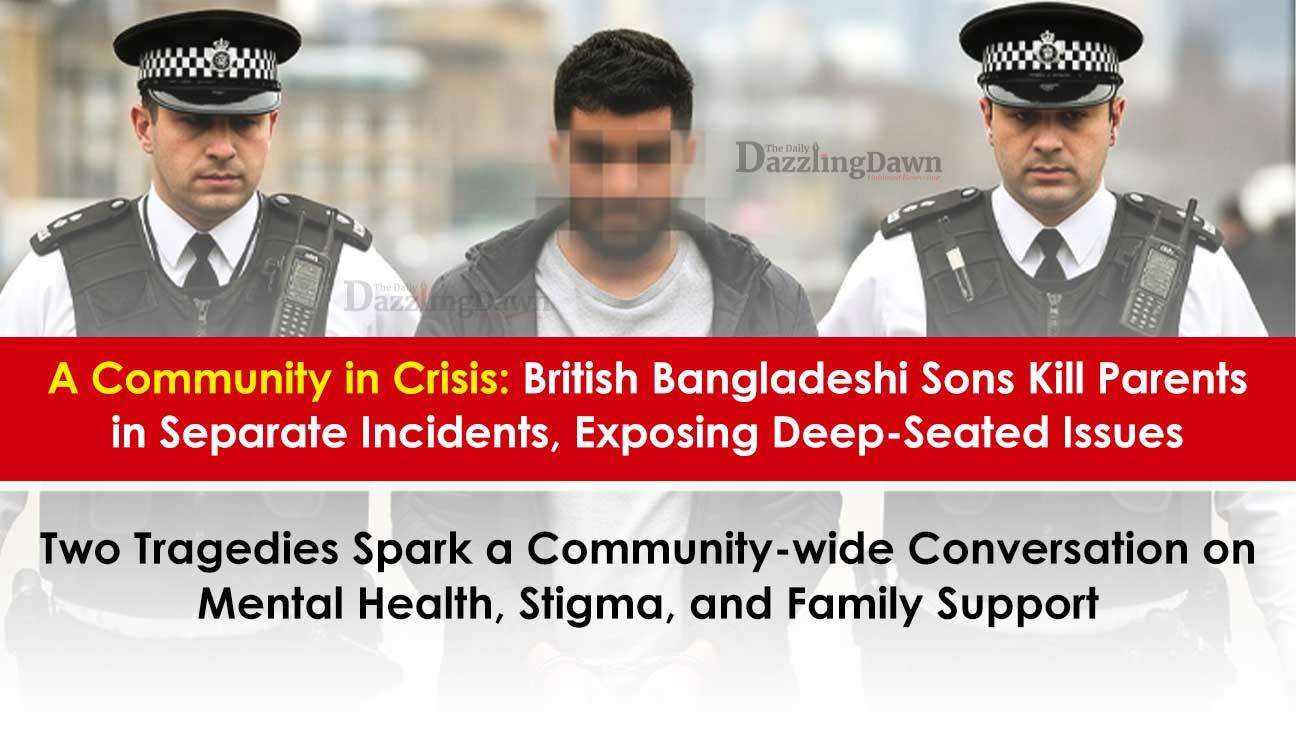Tower Hamlets Committee Rejects Truman Brewery Redevelopment, Sparking Uncertainty and Hope
Yesterday's decision by the Tower Hamlets Strategic Development Committee to reject the controversial Truman Brewery redevelopment plans has left the future of the iconic Brick Lane site hanging in the balance, opening up several potential paths forward. While the vote is a clear victory for a coalition of local residents, businesses, and conservationists, the battle is far from over. Here are the possible scenarios that could unfold in the coming months:
Option 1: The Mayor of London's Intervention
The most immediate next step is for the committee's decision to be referred to the Mayor of London for a final determination. The Mayor has the power to either uphold the council's decision to refuse the application, or to "call in" the application and take over the decision-making process himself. Given the scale of the development and the intense public interest, it is highly probable that the Mayor will become involved. If he were to call it in, he would then make a decision based on whether the plans align with the London Plan's strategic policies. This could lead to:
A Revised Approval: The Mayor could approve the plans, potentially with modifications, if he believes they meet the wider strategic needs of London, such as housing targets or economic growth, despite local opposition.
Outright Refusal: The Mayor could side with the local committee and refuse the application, effectively killing the current scheme.
Option 2: The Developer Appeals
Should the Mayor of London uphold the council's refusal, the developer, the Zeloof family, would have the option to appeal the decision to the Planning Inspectorate. This would initiate a lengthy and costly public inquiry, where an independent inspector would hear evidence from both the developer and the council, as well as interested parties. The inspector would then make a recommendation to the Secretary of State for a final decision. This path could lead to:
The Appeal is Upheld: The Secretary of State could overrule both the local council and the Mayor, granting permission for the development.
The Appeal is Dismissed: The Secretary of State could agree with the council and Mayor, confirming the refusal.
Option 3: The Developer Goes Back to the Drawing Board
Faced with a clear and vocal rejection from the community and the council, the developers could choose to withdraw the current application and submit a new, revised scheme. This new proposal would likely have to address the key points of contention, particularly the lack of affordable housing and workspace, and the impact on the unique character of Brick Lane. This would be a sign of a potential compromise, but it would also restart the entire planning process from scratch.
Option 4: The Status Quo Prevails
In the event of a sustained refusal, the current state of the Truman Brewery—a vibrant hub of independent businesses, markets, and cultural events—would likely continue. This would be the ultimate victory for the "Save Brick Lane" campaign and other local groups who have fought to preserve the area's creative and diverse ecosystem. However, this is only a temporary solution as the site's owners could continue to pursue other, smaller-scale developments in the future.
The coming months will be a critical period for the future of the Truman Brewery and Brick Lane. The Strategic Development Committee's vote is a powerful statement, but it is just the first step in a complex process that will ultimately decide whether commercial development or community preservation wins the day.
The British Bangladeshi community has a strong cultural and commercial presence in Tower Hamlets, particularly in the Brick Lane area, often referred to as "Banglatown." Mayor Lutfur Rahman, who is of Bangladeshi descent, has a political base within this community. The opposition to the Truman Brewery development is largely viewed as a direct response to concerns that the project would lead to gentrification, displace small Bangladeshi-owned businesses, and threaten the area's unique heritage.



_3.jpg)
_4.jpg)



.svg)



